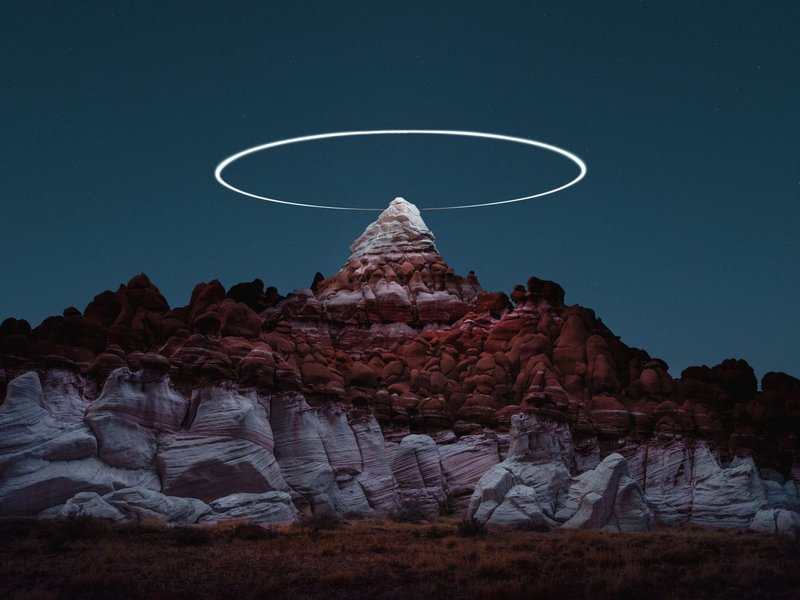Hallowtide
The easiest way to tell if a freshman is scoring above a C in my Magic Through the Ages course is whether they hold the popular misconception that deities stand in opposition to magic. It is true that the two forces are incompatible, but it is not an opposition. Rather, both are subject to ontological "seasons," if you will, that cause their influence on our reality to wax and wane. At the tipping point where magical forces of various natures win out over the power of the gods, there is a periodic event known as Gallowtide. At the other end of the pendulum, where magic dwindles and the gods rise once more, we celebrate Hallowtide.
The rites and customs surrounding Hallowtide could easily fill their own Lexicon, but a few common threads tie them together. The most obvious of these threads is the pervasive air of festivity, as a decline in magical power means the Courts will cause much less collateral damage in their conflict. At the same time, the festival carries a slight twinge of guilt, as the arrival of Hallowtide means that the gods can once again smite us for impiety. The Land loses many of its bolder comedians around this time.
Each polity retains its own, idiomatic practices concerning Hallowtide. That said, it is common for families to engage in gift-giving when the day arrives. It is theorized by anthropologists that this is descended from an older practice whereby magicians would trade around their now-worthless magical artifacts in hopes of finding something that would still function in the mana drought that accompanies Hallowtide, if not prove useful when magic returned to the Land. The practice has died out ever since magicians discovered that the magic systems that return at Gallowtide are usually different than the ones that left at Hallowtide, rendering their artifacts — in all probability — completely useless.
Lewin Vernelle, historian of magic
Citations: Gallowtide / MHST 210: Magic Through the Ages
Cited by: Arcanology / Moorland / Xenomorphism and Transplants: A Balanced View
